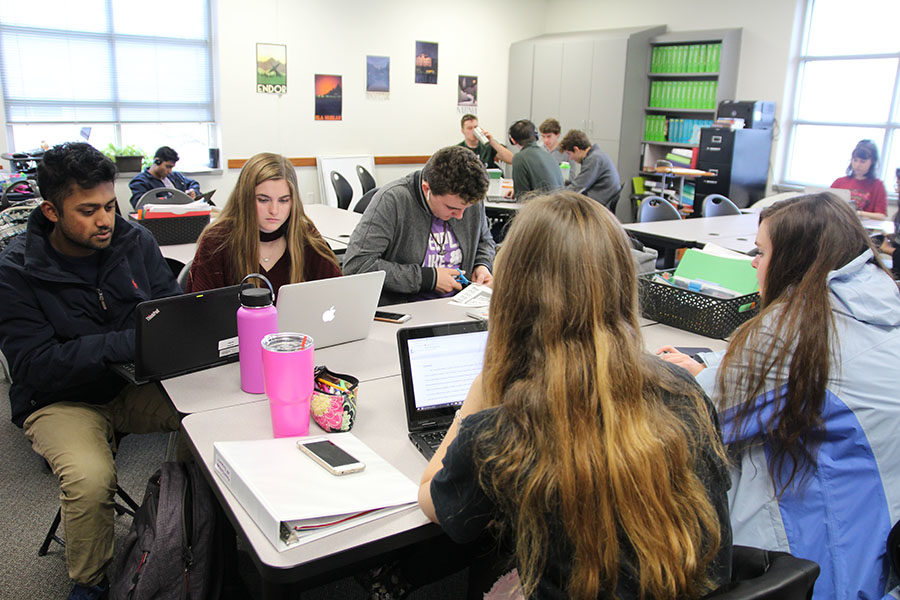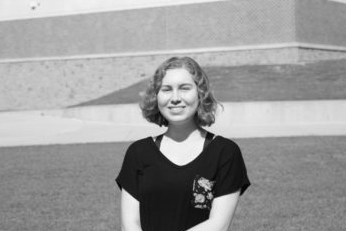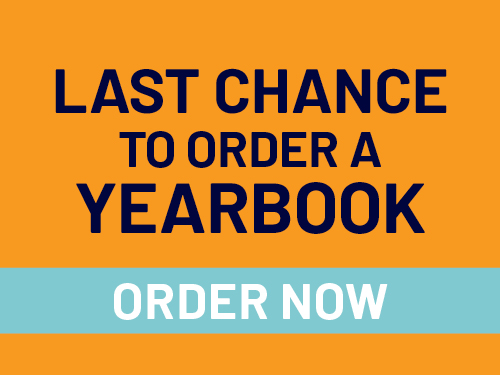Students prepare for college with Capstone class
February 22, 2018
AP Capstone is a two year elective program developed by the College Board in response to colleges and universities indicating that they would like to find students who have deep skills in academic writing, research and presentation. The class is cut into two parts, Seminar and Research. This is the first year students have taken Research.
“The classes are non-traditional,” AP Capstone teacher Katie Kendall said. “Because the tasks completed during the school year count toward the student’s AP score, the College Board has a set of regulations about how students can receive feedback on the course elements [papers & presentations].”
Schools have to apply to the College Board to be in the Capstone program. CPHS was the first LISD school approved, VHS and RHS were approved the following year.
“[The class format] challenges me as a teacher- to give instruction so that students can be reflective and take ownership of their process and product,” Kendall said. “This challenges the students as well, but prepares them well for college and career, where process and product are very often self-directed.”
Kendall explained AP Research as a class where students find a gap in the academic conversation about a topic of his/her choice and then conduct original research to help answer that gap. Essentially, the first year in Capstone, students learn about the academic conversation and the second year, they join it.
“I hope that students are well prepared for their next steps—whatever they may be,” Kendall said. “I think that the manifest skills [research, academic writing, presentation], as well as the latent skills [self-direction, empowerment, time management], learned from the course will propel students into a successful post-secondary experience. I would love for every student to leave high school with the skills emphasized in these two classes.”
Senior Elizabeth Roach took Seminar her junior year of high school, and is now in Research her senior year.
“I love how open and independent Research is,” Roach said. “I get to pick my own topic and go at my own pace, similar to college where you have a lot of freedom in the class. Being able to independently gather my own information is what makes [the class] fun for me.”
Roach is researching empathy in the medical field and whether or not being in such a field reduces your level of empathy in college and high school.
“I’m going to be a nurse, which is why I’m interested in empathy in the medical field,” Roach said. “So when I researched my topic, a lot of things came up that I didn’t know before and I could apply it to my own career choice.”
This graduating class will be the first class eligible for the AP Capstone Diploma or AP Capstone Certificate, which is proof to colleges you are able to handle a college research course load. Students will also get special distinctions at graduation.
“I do think this class has prepared me for college level research, to an extent,” Roach said. “It’s a bit split in the sense that it’s still a high school class, but it does have traits that a college class has.”
Roach does hope that in the future the class is given more freedom.
“I feel like the teacher should give us more freedom, since that’s what the class is supposed to be,” Roach said. “I agree with the deadlines to keep students on track with everything, but I wish it was less looking over your shoulders.”
Seminar student, junior Cole Smith, is planning to go into Research his senior year.
“I like that I get to work on projects I find interesting with friends,” Smith said. “Topics you don’t usually get to look into in other classes and we typically get to do group projects on issues impacting our world.”
Smith said Seminar had helped him with his ability to find good sources that are reliable and evaluate sources for the credibility.
“I think this class has helped me to prepare for college level research in the sense that it helps you to understand what you’re reading and see how people can manipulate information to get their own point across by leaving out information that doesn’t support their topic,” Smith said. “Students have to be ready to work with others and have a large course load if they want to take Seminar.”







